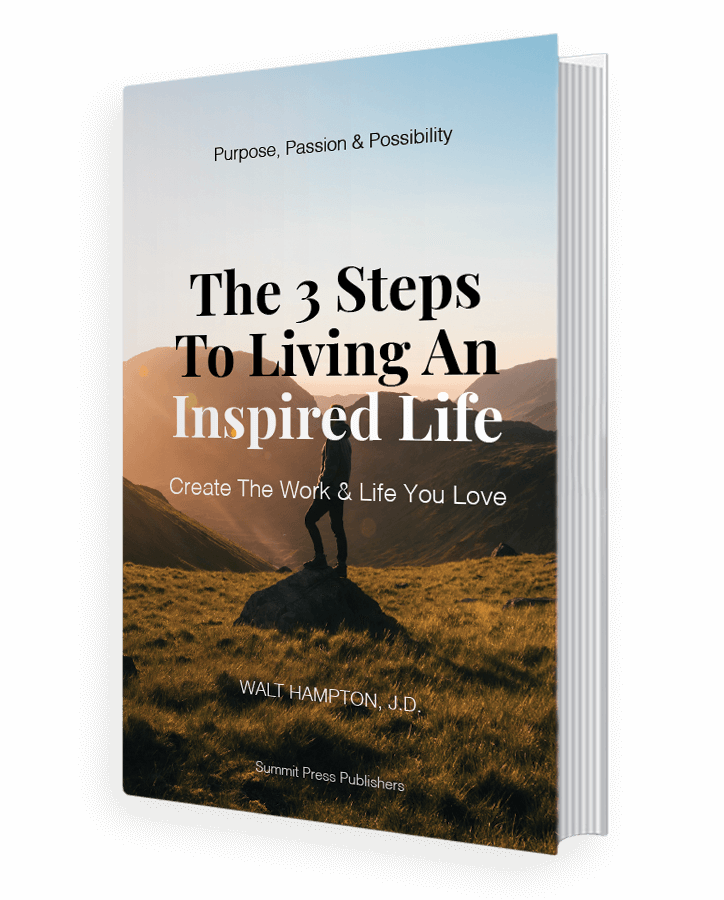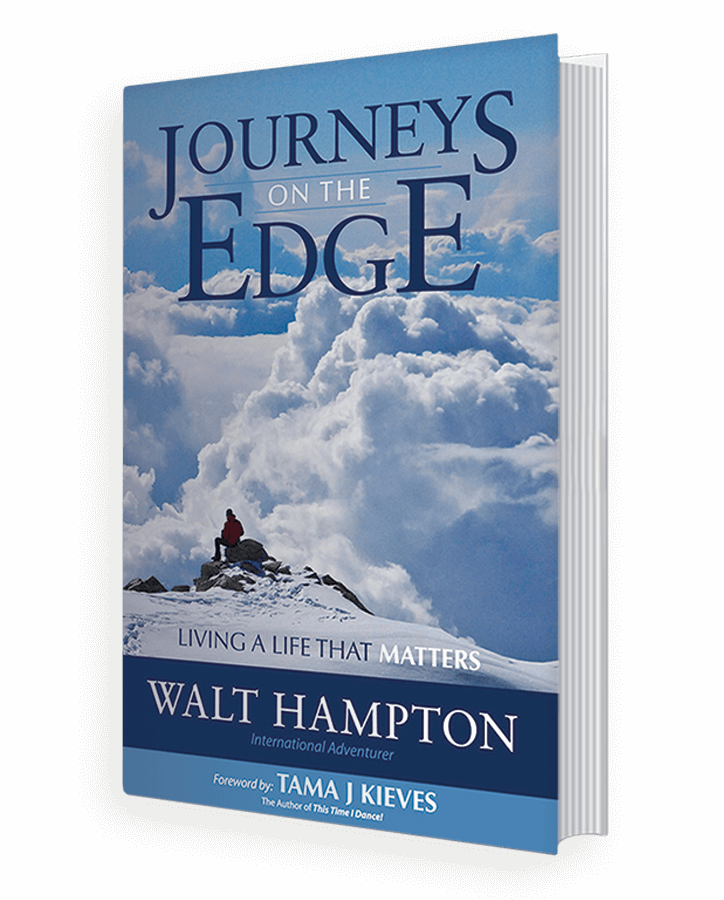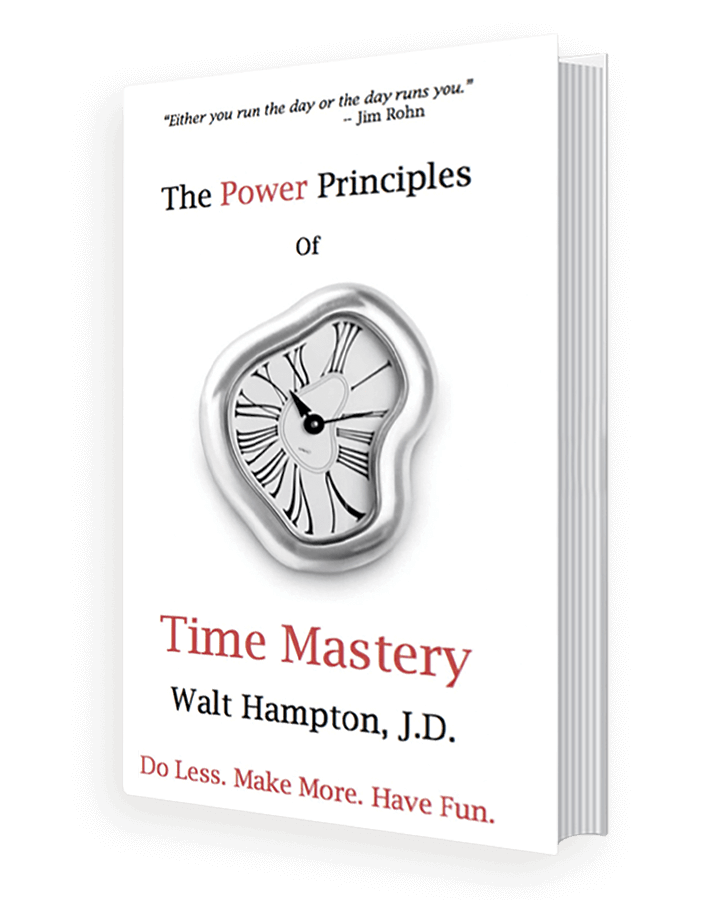Welcome to my blog
Grow & Scale A Business That Will Set You Free
A Connection Issue
So caught up are we in connecting that we fail to connect.
No email. No Facebook. No Twitter.
No online banking. No online anything.
We couldn’t connect. The Internet was down. Again.
It had plagued us for weeks. And we had lost our minds.
The disembodied troubleshooter from Delhi was flummoxed. The signal kept dropping out. A 30% drop in the line, she said. Whatever that meant. She couldn’t fix it from there. She had to send someone here. Presumably not from Delhi. But it didn’t really matter to us. We just wanted to get back online.
 And so Jim arrived: he had tools and meters and measuring devices and a plethora of doodads. He spent hours testing stuff, re-wiring things, taking things out, putting things in, moving stuff around.
And so Jim arrived: he had tools and meters and measuring devices and a plethora of doodads. He spent hours testing stuff, re-wiring things, taking things out, putting things in, moving stuff around.
New wires. New modem. New router. Definitely a connection problem, he said.
Internet restored.
But what was most remarkable about the event was the connection Jim made with us. He wasn’t in a hurry. He listened to us. He took his time to understand the problem. He empathized with our frustration. He was methodical. Hours went by. The job got done. And still he lingered. To be sure the problem would not recur. To reassure us. To tell us, as if we couldn’t tell, that he liked his work. “Here’s my card with my cell phone on it,” he said. “Call me if it happens again. Call me. And I’ll come right over.”
I thought back to an event a few weeks earlier: Mark at the gate. The plane was late leaving BWI. People were cranky. I was cranky. But this guy Mark who worked for Southwest went out of his way to answer the same questions over and over again, with courtesy and patience and care. He spoke to folks like it mattered – like it mattered to him that they were frustrated and tired and just wanted to get home. He smiled. He spoke gently. He kept folks calm and comfortable in the boarding area. And then he worked thoughtfully to get folks on the plane and on their way. He communicated. More than that, he connected.
In Seth Godin’s parlance, Jim and Mark are linchpins: they are indispensable. “These people invent, lead (regardless of title), connect others, make things happen, and create order out of chaos. They figure out what to do when there is no rule book. They delight and challenge their customers and peers. They love their work, pour their best selves into it, and turn each day into a kind of art.” They are people who bring their gifts to the world and the work they do; people who go out of their way to make a difference in the world and in the lives of others.
They are, in Robin Sharma’s language, leaders even though they have no lofty titles.
Knowledge matters. But for knowledge we can go to Wikipedia. Skills matter. But robots can master skills. What really matters today is relationship: the ability to connect at a deep level. In an impersonal mechanized world, we need more linchpins, more leaders.
We need more folks like Chris and Mark.
As we hurry and tweet through our busy Linkedin Facebooked lives, the challenge is to worry less about connecting. And connect.
Consider Life As A Giraffe
You can either fit in or stand out. Not both.
— Seth Godin, Linchpin
As I ran along the Boise River, the movement in the trees to my left caught my attention. It was a giraffe. 
You can tell a giraffe by its exceptionally long neck. Even in Boise.
There is a danger in having a neck that sticks out too far: you can lose your head.
We’re taught at a very early age not to stick our necks out. We’re taught not to rock the boat. We’re taught to keep our heads down and fit in. We’re taught to conform and comply. We’re taught to follow the rules and maintain the status quo.
We’re taught that our teachers need to like us, that our bosses need to approve of us, that we need to be popular. We’re graded and promoted and included by how well we fit the norm.
Vanilla is good. Ripple bad.
We are well-trained: indoctrinated, inculcated and domesticated. Drilled and practiced, as Seth Godin says, into “subservient obedience.”
For good reason: We can only get ahead, we can only succeed, if we follow instructions and color inside the lines. So they said.
Unfortunately, they lied.
Narrow mindedness may have worked in an industrial age. But in an information age, it is anathema.
Conformity and compliance with orders may be useful in the military. It may be necessary for a consistently second-rate burger at a fast food joint. Or helpful on a Detroit assembly line.
But for a remarkable life, vanilla doesn’t cut it.
We don’t need more factory workers; we need more thought leaders. We need problem solvers and visionaries. We need creatives, artists, and mavericks. Today, “it’s the art and the insight and the bravery of value creation that are rewarded,” writes Godin.
But here’s the problem (or the challenge): To level up, to break out of the mold, to move beyond the electric fences in which we’ve been trained, requires insight and imagination and initiative. It requires us to be bold and to exert effort. It requires good mentors, wise coaches, and supportive friends.
And a thick skin.
The problem with sticking out is that it’s uncomfortable. And sometimes scary. The road can be lonely. The folks we thought were friends may not like us anymore. (Resistance prefers mediocrity; resistance wants us to fit in.)
To be remarkable takes courage. And fortitude. And the ability to shed criticism and derision.
“It’s always been done that way,” we’re told.
“Why can’t you just be happy with the way things are?” goes the old refrain.
Godin writes, “The only way to succeed is to be remarkable, to be talked about.”
“Take the risk that you might make someone upset with your initiative, innovation, and insight,” he says. “Turns out you’ll probably delight them instead.”
It’s said that well behaved women rarely make history. Goes for men, too.
We have the capacity – and the obligation -to do things that matter, to live a life that matters.
It may be risky. But to be exceptional, to live a remarkable life, we must stick out like a giraffe.
Join me on the savannah?
Perhaps You Need A Lion Hunt
We’re going on a lion hunt, We’re not afraid! Got my canteen by my side, And my binoculars too.
— American Children’s Song
Our physical lives are journeys. We know how they begin. We know how they will end. It is our job to fill in the middle.
Sadly, many of us don’t do such a great job of filling. We get by. We drift along. We muddle through. And before we know it, some serious time has passed us by.
The cure for muddling is the hero’s journey.
From the beginning of recorded time, through the Greek and Roman epics, to the present day, art and music and literature have memorialized the fundamental necessity of the hero’s journey to the fullness of our humanity.
Joseph Campbell, in his seminal masterpiece The Hero With A Thousand Faces, summarized the hero’s journey like this: “A hero ventures forth from the world of common day into a region of supernatural wonder: fabulous forces are there encountered and a decisive victory is won: the hero comes back from this mysterious adventure with the power to bestow boons on his fellow man.”
All of us are called to the hero’s journey.
But it’s not conducted on the couch.
To figure out what life is really all about, you need to venture forth, see the world, get slapped upside the head, test your meddle, travel the edge, engage the battle, come back victorious. Then you will know a thing or two. Then you can be of service to the world.
This requires effort. This requires that you do something.
This requires a desire to know your heart.
This requires that you set out and seek your dreams.
“To realize one’s Personal Legend [your blessing, your path, your dream] is a person’s only obligation,” Paulo Coelho writes in his enduring story The Alchemist. “And when you want something, all the universe conspires in helping you achieve it.”
All of us have hearts that yearn. All of us have souls that seek. All of us are called to quest. The restlessness that resides within us is part of our DNA.
But, here’s the problem: a lot of folks ignore (or refuse) the invitation to take the hero’s journey. They’d rather stay home. They’d rather stay safe, sound, and secure. They’d rather not risk. They’d rather not dare.
They were told at a tender age not to venture out, that the quest was impossible, that their dreams were not practical, that they could not succeed.
Fear may hold them back as well: Fear of failure, fear of suffering, fear of defeat.
Perhaps fear of success too. Success might require moving beyond a comfort zone, out of a job, a home, a relationship, into the unknown, into scary places, into places that confront and challenge in unexpected ways.
There’s also that pseudo sense of duty: folks tell themselves that they have “responsibilities.” They say, “I can’t go now. Maybe someday.” This “version” of duty is camouflage for fear.
So quest we must. We cannot hide. To live lives that matter, we must venture forth. We must seek out the places that scare us. We must risk. We must dare. We must know sadness and grief. We must experience ecstasy and joy. We must taste victory. We must know defeat.
Coelho writes that when we have the courage to travel the intricate path of our Personal Legend, when “we learn to trust our hearts, read the seemingly inconspicuous signs, and understand that as we look to fulfill a dream, it looks to find us just the same, if we let it.”
It is only in the journey that we find our dreams.
In The Weeds
You don’t need more genius. You need less resistance.
— Seth Godin
I love the high summits. I can see forever.
I love to feel the wind on my face, revel in the exaltation, bask in the sense of accomplishment. Weeks, months, sometimes years of effort, wrapped up into a single glorious moment.
But most of my time isn’t spent on the summits. It’s spent in the valleys.
And in the weeds.
I got to the end of last week feeling frustrated and exhausted. Despondent even.
I had done everything right. I had done my weekly planning, my daily goal setting. I had mapped out my most important tasks. Yet, when the week was done, all that I could say was that I had been “busy.” I hadn’t moved the dial on the projects that mattered most: the ones that would change up the game, the ones that would truly make a difference.
I had avoided them.
(Even after writing last week’s blog, I failed to make the choices that really counted.)
Why?
“Everyone has a little voice inside their head that’s angry and afraid,” writes Seth Godin. “That voice is resistance – your lizard brain – and it wants you to be average (and safe).”
I listened to a great coaching call by my friend and mentor, Patrick Combs. So often, he says, we don’t identify sufficiently the Immediate Impact Possibilities: the truly significant tasks that have the potential to light our lives on fire. Instead, out of fear, out of habit, and yes, out of resistance, we get caught in the repetitive cycle of minutia. And stay stuck.
The great thought leader John Assaraf goes a step further. He suggests that resistance may be physiological, biochemical. He says that he could provide an audience an exact blueprint for making five times more money. And most of the audience wouldn’t follow it. He says that when presented with an idea that has the potential to move us outside our comfort zones, the cybernetic mechanism in our brains releases a chemical that triggers a thought that allows us to rationalize why we’re ok just where we are: no more, no less.
Resistance hard-wired. How scary and depressing is that.
But thankfully we’re not lizards. We still get to choose.
“Real artists ship,” says Steve Jobs. By artists he means all of us: writers, speakers, artists, poets, experts, thought leaders, mavericks, creators, dreamers. People of Might.
Shipping means getting the work done. Getting it out the door. Moving it out into the world. Come hell or high water.
Godin writes, “Shipping isn’t focused on producing a masterpiece (but all masterpieces get shipped). I’ve produced more than a hundred books (most didn’t sell very well), but if I hadn’t, I’d never have had the chance to write this one. Picasso painted more than a thousand paintings, and you can probably name three of them.”
“Not shipping on behalf of your goal of changing the world is often a symptom of resistance,” says Godin. “Call its bluff, ship always, then change the world.”
Only the work that ships matters.
Do the work. Ship the work. Do some more.
Resistance will always be there. But we can choose to climb above it.
Resistance works overtime “to be sure that you won’t do anything remarkable,” writes Godin.
This week, climb above the weeds. Focus on the Immediate Impact Possibilities. Dare to be remarkable.
Lizard is so last week. Don’tcha think?
(Ig)Noble Choice
In every moment, the power to choose is ours alone.
This probably doesn’t surprise you. I have always been intrigued by the question: “Where does the white go when the snow melts?”
Kind of like the question: “Where is yesterday?”
I celebrate my birthday this week. There are more than a few yesterdays. But they’re all gone.
Today is all there is.
What will we do with today?
It is easy to muddle through, get by, hang in there. It is easy to do the same thing day after day. It is hard to constantly level up, play full out, live like there’s no tomorrow. (Because there might not be.)
How ephemeral a day. One melding into another until they are a kaleidoscope of indistinguishable memories.
What happens is this: We are constantly barraged by both the urgent and the important. The urgent screams loudest; we give it its due. But when the day is done, the important has been left by the curb.
We are inundated by emails and voicemails and faxes and Facebook and Twitter. We are driven by other people’s emergencies; the agendas of others rather than our own. We are directed from without rather than from within.
And another day passes us by.
There is such a tendency to sacrifice ourselves on the altar of other people’s demands; to sacrifice our own hopes and dreams for the hopes and dreams of others. It is in the name of selflessness, service and social responsibility. It is noble, we are told.
I say it’s not.
We cannot serve when we are broken and depleted. We cannot help when we are empty. We give our best to the world only when we are whole and happy and filled with joy.
When we choose in favor of what brings us joy, we bring our highest and best selves to the world. Our gifts shine brightly. Everyone is enriched. Everyone wins.
To do this requires exactly that: that we choose. Hard choices sometimes. Unpopular ones. (But, default means another day bites the dust.)
The mission: to choose what changes up the game in our lives such that we live with courage and audacity and brilliance. The challenge, every day, to choose what is mighty, what is important, what makes a difference.
The challenge, in every moment, to burn with passion. And live with joy.
To choose well.
Will you do this today? Before it’s yesterday?
Photo © 2008 Tim Perdue
DOWNLOAD your FREE BOOK!

DOWNLOAD Your Free E-Book NOW! Click Below And Get Going!
Click below for your copy of Journeys!

You’ll Get A Signed Copy!
Click on the button for your copy of my brand new book “The power principles of time mastery!”

You’ll Get A Signed Copy!
Categories
Adventure
Finding The Way
Journeys
Leadership
Success
Ultra Training



